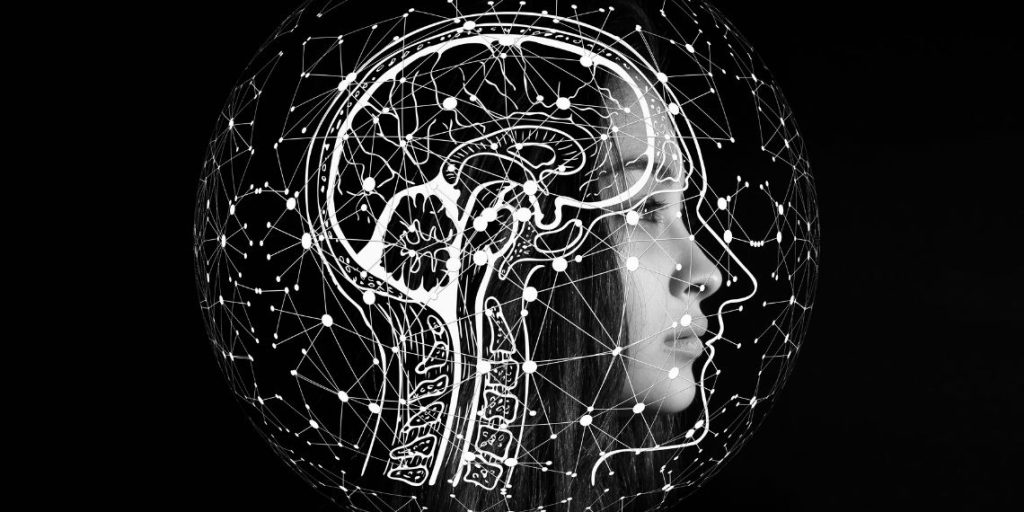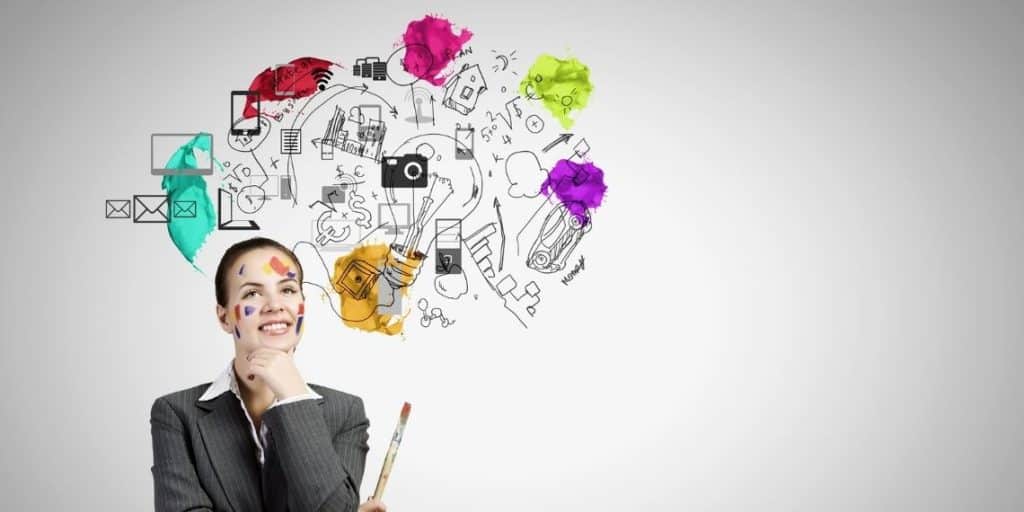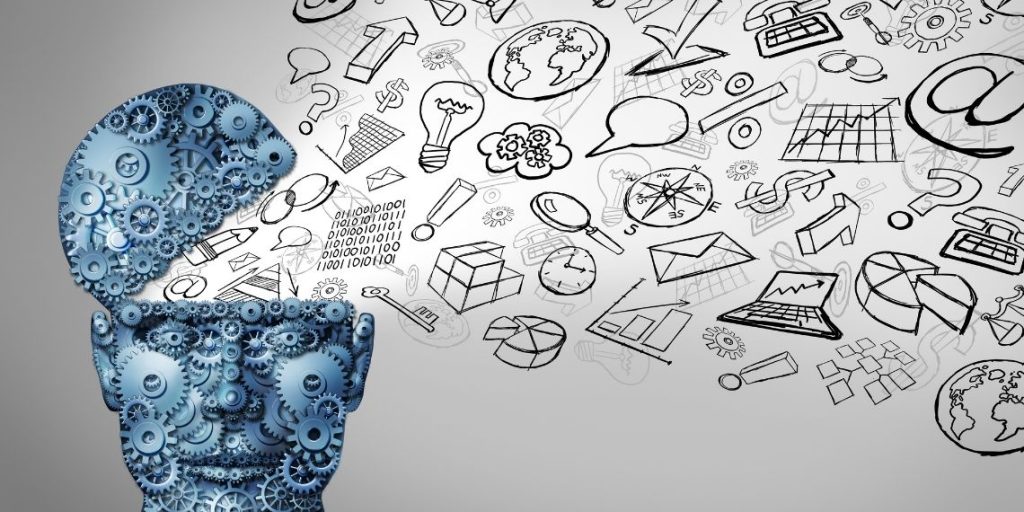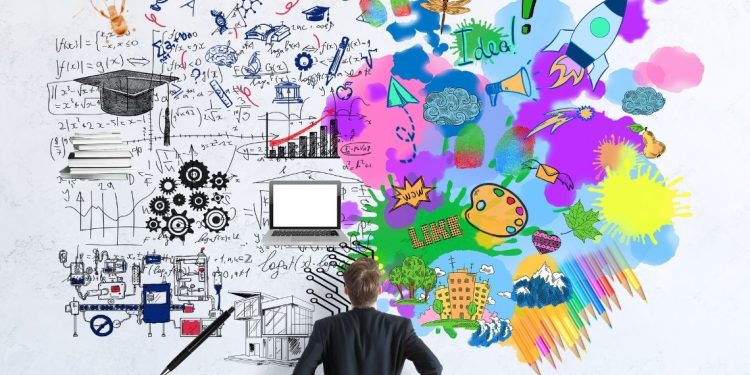Critical thinking is the art of analyzing the information, evaluating the evidence, and putting forward reasoned arguments. This is a vital ability that helps people take well-informed decisions, solve problems, and understand complex things. In our world full of information, critical thinking is needed for personal and professional success more than it has ever been.
From the start of time, it was the basis for scientific investigation, philosophical arguments as well as human progress. From Socrates’ way of questioning to contemporary problem-solving techniques, the capacity to think strategically has been the major motivation for change and understanding. Today if we master this skill, we will not have a hard time filtering through the huge amount of information and making a good choice.
It is not only about making inferences and logical thinking but it is about an open mind, curiosity, and the courage to ask questions. These skills are fundamental to an individual’s development, thus this is one of the main ways to approach the problems the individual is facing. This ultimately brings good results and a deeper understanding.
Table of Contents

Key Elements of Critical Thinking
A lot of elements are involved, such as:
Analysis
Analysis is the breaking down of complex information into the constituent parts to better understand it. This requires the detection of relationships, patterns, and underlying principles in the information under analysis.
Evaluation
Evaluation constitutes verification of the credibility, relevance, and quality of the information. This is done by scrutinizing evidence, recognizing biases, and deciding the strength of arguments and sources.
Inference
Inference happens to be reaching valid observations or deductions through evidence and the use of reasoning. This feature demands drawing relationships between diverse facts and guessing outcomes with the help of existing data.
Interpretation
Interpretation is the kids envisioning the pictorial in terms of meaning of a given piece of information. This feature needs the capacity to understand the context, meaning, and consequences of the information sought.
Explanation
Explanation is a process of communicating the results of one’s analysis and reasoning in a clear and concise way. Such a feature implies showing the thinking and evidence to support the conclusion and argument.
Applications of Critical Thinking
This is a concept that is valid across various domains:

Education
Among other things, information technology in the teaching area provides a unique possibility for learners to think critically about intricate content, to weigh the testimony, and to develop reasoned arguments. It fosters learning through curiosity, open-mindedness, and intellectual rigor.
Healthcare
It is used by the healthcare professionals to examine patients’ data for a better-resulted diagnosis making, and for setting the list of treatment approach options. It is crucial for evidence-based practice and ensuring a patient’s recovery.
Business
In business, it is for people to analyze market trends, assess strategies of the business, and make valid decisions with the use of data. It helps in problem-solving and strategic planning.
Personal Life
People in their personal lives have become more aware of the current negotiations, found solutions to problems that occur in their daily life, and are more likely to understand problems that arise in their society. It evolves the choices we decide to make, our awareness of improvement in ourselves and our communication skills.
Benefits of Critical Thinking
The benefits of these are unthinkable:

Improved Decision-Making
This strategic process in turn improves decision-making through methods that help to develop a reasoned judgment on available options, weigh the evidence, and project the possible outcomes.
Enhanced Problem-Solving
Fixing the problem is done by first letting them look at and analyzing them, which helps to obtain the root causes finally resulting in optimum solutions.
Greater Intellectual Independence
The students’ individual thinking abilities are being improved when they are invited to question assumptions, to think about various perspectives, and to think for themselves.
Better Communication
It is communication that is enhanced by them that makes people able to come up with evidence-based, logical, and clear arguments.
Strategies to Develop Critical Thinking Skills
One of the ways to enrich your critical thinking skills is through plenty of intentional practice coupled with reflection.
Ask Questions
But for athletes to think over what has become their habits in sports that they have to inquire about the forms of the strategy, please. Non-routine (think personal) to refuse normal design of such genre will provide software professionals to develop further the art of gathering and using requirements. Hence, the dialogue should be participatory where all of contributors can express their minds as well. The absence of strong applications for facing the problem has increased it and reflects it has become a belief factor.
Seek Diverse Perspectives
Get yourself familiar with the varied opinions, also, be open-minded about looking at many angles of each side of the issue. With this, the the whole understanding of the issue and at the same time, avoiding biases will be assisted.
Reflect on Your Thought Process
Keep on self-examining to try and improve what is happening in your brain. Spot the fields that require improvement and ask for a view from others to be able to strengthen your critical thinking.
Practice Analytical Writing
Assume the role of the analytical writer, who must develop well-founded theses, inspect evidence, and be able to express how he/she arrives at his/her solutions to the problem.
Future of Critical Thinking
One of the points of critical thinking in the future lies in its growth of new qualities in a changing world. As the quantities of information and their complexity continue to multiply, critical thinking is becoming more and more important. This is an indispensable skill required for solving problems and for being able to make decisions backed by facts.
The education system and the companies are in great need of the innovative tool that cultivates the ability to think from different perspectives. Giving individuals these skills makes them productive workers of the future. Making inquiry of own beliefs, being open to all possibilities, and being a smart investigator will be needed to create more critical thinking members of society.
Finally, critical thinking is necessary for tackling complicated issues, choosing solutions based on facts, and getting results without any problems. By mastering these abilities and developing them, people can increase both personal and professional abilities, and use them effectively in the community.














